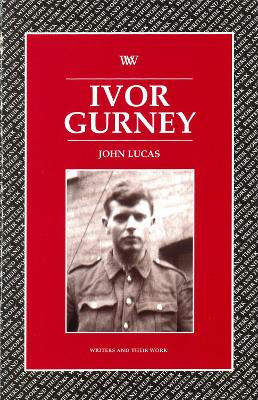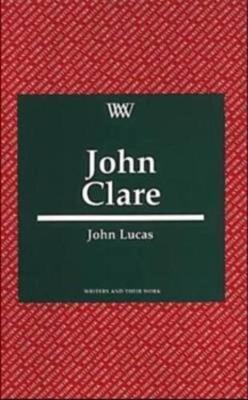Writers and their Work
2 total works
Drawing on biographical information, letters, reminiscences and anecdotes, John Lucas pieces together Gurney's difficult, indeed tragic life, in order to show that Gurney's poetry, while undoubtedly affected by his mental problems, his trench experiences in World War One, and his complex relationship to Gloucester, the Cotswalds and London, is the sane utterance of a deeply radicalized writer. There is no suggestion that Gurney's experiences were unique. On the contrary, they were typical, as he well knew, and as he declares in poems which celebrate the implications of comradeship. What is unique is Gurney's ability to turn these experiences into major poetry. Gurney is the greatest of all those poets who fought in and survived the war and his achievement drastically affects our understanding of twentieth century poetry.
The four volumes of John Clare's poetry that were published during his tragic life were so brutally edited, and sometimes even wilfully censored for political reasons that his work invited mainly curiosity and condescension from the literary world. Now that readers have a chance to re-evaluate Clare's poetry, the "peasant poet", "illiterate", "quaint" and "rustic" is emerging as a radical thinker and writer. John Lucas's unique volume reveals a knowing and articulate poet writing as an essentially oral artist - out of a subtle tradition of song as much as of poetry. Lucas champions Clare's art in a vital and fascinating book which tells of the collision between the cultural orthodoxy of print and the poet whose work was demeaned and damaged by the forces of the literary establishment.

